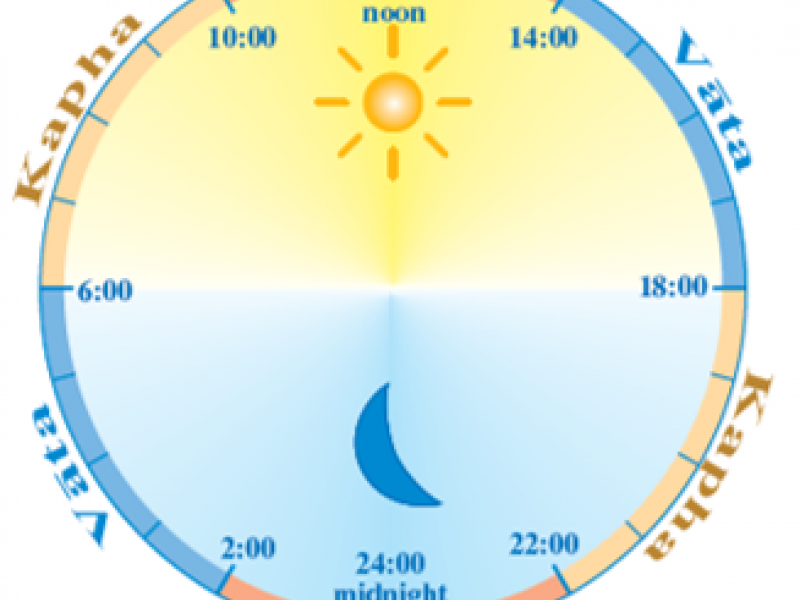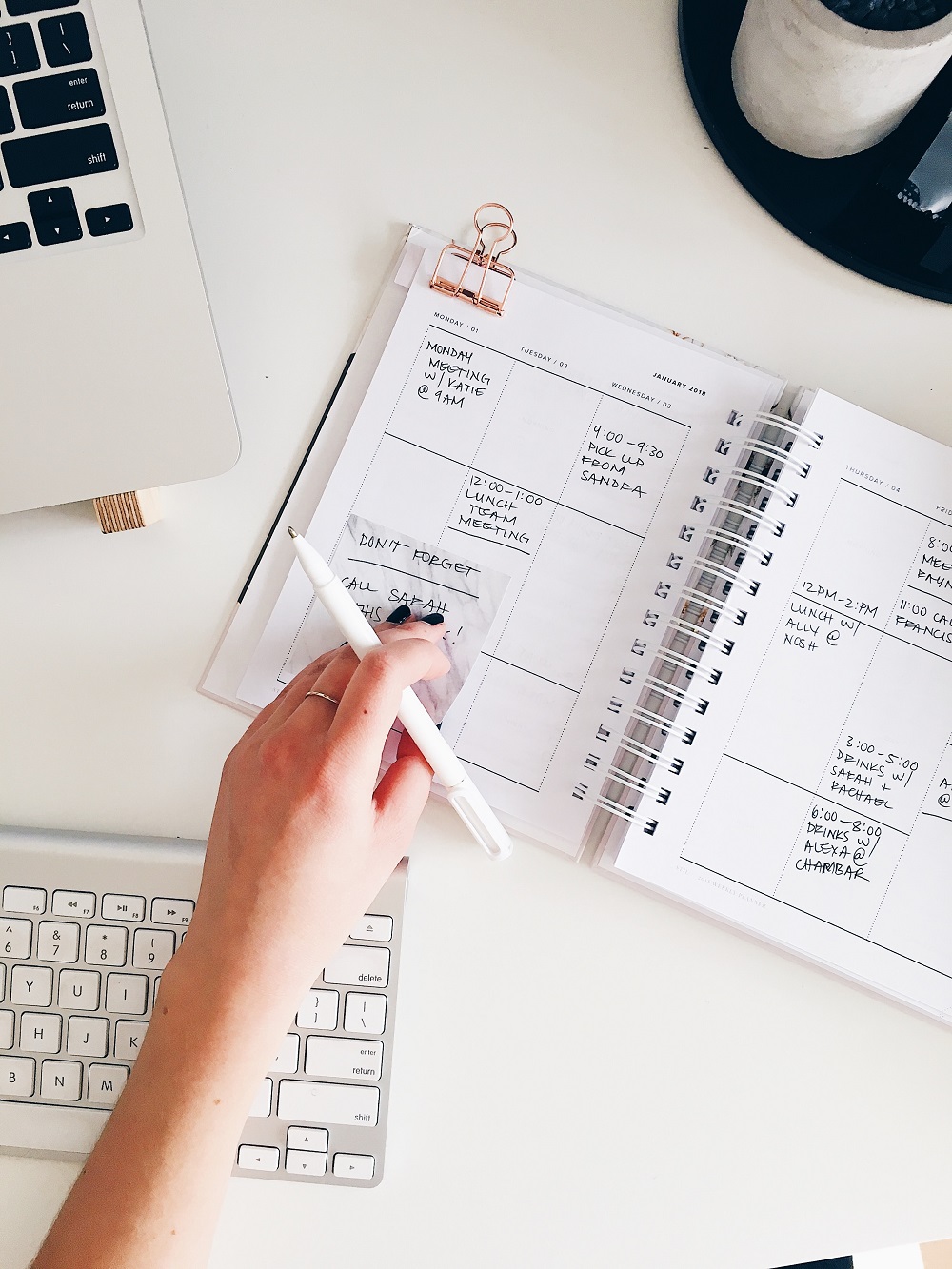Good Sleep - My Best Medicine - Part 1
Almost 1/3 of the population in this country suffers from sleep disorders. We speak of "insomnia" when it takes a long time to fall asleep, when we cannot sleep through the night, wake up too early or do not feel rested in the morning. Stress, a hectic pace, stressful situations at work or at home, and influences from our environment are all contributing to this clinical picture becoming more and more frequent. But the ageing process also leads to hormonal changes that promote sleep disorders. This can become a serious health threat because you simply never feel properly rested anymore due to the sleep deficit. The day then becomes unbearably long, the energy for meaningful activities is in the cellar, and the brain seems to be full of fog and does not allow any clear thoughts.
How much sleep does a person need?
There is no universal answer to this question. Napoleon said that only fools sleep longer than 4 hours. We know from geniuses like Goethe or Einstein that they certainly always slept more than 10 hours. It is medically recognised that the required sleep duration generally decreases with age, i.e. it is longest for babies and shortest for senior citizens. Most people feel most comfortable with a sleep duration of about 6 to 8 hours. And that is what matters: feeling rested, energetic and in a good mood in the morning and having energy for the whole day.
Sleep in Ayurveda
The traditional Vedic "science of life", as Ayurveda is literally translated, is an ancient "school medicine" that diagnoses and treats health disorders exclusively according to natural principles. The oil massages so well known in the West are only a small part of the therapeutic spectrum.
In Ayurvedic medicine, rest and activity are considered the stages of evolution. Everything in the universe moves in waves - light, sound, water, tides, micro and macro particles. Each wave has a trough, which corresponds to rest, and a crest, which expresses dynamism. We perceive repeating waves as cycles: day and night, seasons, generations.....
Our mechanised world increasingly distracts us from natural cycles and rhythms and suggests a linear life, disconnected from the ups and downs of real life. With the apparent comforts of our civilisation - strawberries at Christmas, working and shopping at night, etc. - we lose touch with the rhythm of nature around us, and unfortunately also within us. The loss of the rhythms of life inevitably leads to the disruption of sleep for many people.
According to Ayurveda, sleep, dream and the transcendental silence of meditation are the "wave valleys" that human beings need as a counterbalance to the active everyday life, the "wave mountain", and that in the right rhythm. "How should people who cannot properly manage the simplest thing in the world, sleep, be able to manage their lives in everyday life?" my spiritual teacher Maharishi Mahesh Yogi rightly asked.
Science or grandmother wisdom
Even my grandmother knew that "sleep before midnight counts double". As a teenager and student, I could only smile mildly at such statements. But with the study of Ayurvedic medicine, a new dimension of this statement opened up to me: the systematic knowledge of the biorhythms of nature and the body. The entire earth, including all human beings, experiences one cycle each of Kapha (earth energy), Pitta (fire) and Vata (air and movement) during the day and during the night. And those who are wise consciously choose their bedtime in such a way that they fall asleep during the Kapha period (sunset until about 22:00), when the mind and body become tired and heavy, in order to process the stresses of the day in sleep and dream during the Pitta period at midnight, and then awaken refreshed and rejuvenated towards the end of the Vata period before sunrise. Pulling off such a daily routine of going to bed no later than 22:00, contrary to our modern customs, is by no means easy, but extremely rewarding. Early bedtime before 22:00 is the most cost effective rejuvenator according to Ayurveda.
Simple sleep aids
Good sleep starts with dinner: if you eat too late or too much, don't be surprised about poor sleep. The earlier dinner is served and the lighter the food eaten, the better it is for sleep quality.
Even the ever-popular television only helps you sleep as long as you are sitting in front of it. As soon as you get up after the "news nap" to move from the living room to bed, the tiredness is often over. So it is much better to do without television for the most part and spend the evening playing cards, board games, taking an evening walk or exchanging views with the family.
Shortly before going to bed, a small cup of Vata tea, possibly with a shot of milk or almond milk, 1 teaspoon of Amrit Kalash (MA4), some Vata massage oil massaged onto the forehead and sternum and a few drops of Vata aroma oil in the aroma lamp (in summer also Pitta aroma oil, rose essence or lavender oil) makes it much easier to fall asleep and helps to have a restful night.



We look forward to your feedback!